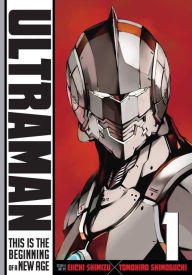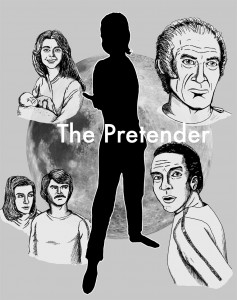Last week, I discussed my experiences with production and distribution as a self publisher / small press. Obviously (or maybe it isn’t obvious!) the job isn’t done when the book is created and made available for sale. There’s a lot that has to happen to let potential readers and listeners know that your book exists. Also, since I focused so heavily on distribution last time, I neglected to mention some things about the pre-distribution steps involved in actually creating the book itself, its cover, its contents and its overall presentation. (You’re right — I’m not going in order! I warned you that this would not be a formal presentation!)
So… Marketing. You’ve written and produced a book. It’s available for sale. Now what? The big publishers in New York spend more than you make in a year on promotion for a single title. (I understand from those who’ve been there that they spend it wastefully, but they spend it.) That’s not an option. They buy ads in print media, they send reps to book fairs and to meet with buyers for large chain bookstores. You might get into book fairs. I haven’t tried. But I doubt you’ll get a meeting with the buyer for Barnes and Noble, and you won’t get on the shelves at the local B & N (or at any other chain store) without going through corporate. You can get your book on the “shelves” at Amazon, but so can everyone else. Amazon is probably not going to meet with you about giving your book special treatment. (I say “probably” because I never know what seemingly impossible thing Amazon is going to do next!)
In short, Lesson 2A – You can’t market the way the big boys do, nor should anyone necessarily want to. Meeting with one or two people who are going to tell your readers what they like is something that just goes against the grain of the modern DIY publishers, myself included. The idea of the buyer or industry executive who dictates the public’s reading tastes, and knows before it’s even published what the next “big thing” will be, smacks of manipulation. It goes hand in hand with the argument that the publishing industry needs “gatekeepers” to protect the poor, stupid reader from being threatened with exposure to a bad book. Never, ever use the gatekeeper argument in a discussion with me. I’ll froth, my eyes will roll up into my head, and I may start speaking in tongues. Worse, I may start quoting from some of the atrocities committed by our faithful industry gatekeepers. I shan’t offend anyone by mentioning names, but I’m sure each of you can name a New York Times bestseller which never should have been smothered in its literary cradle for the good of humankind. I can think of a dozen. And they’re all in the same series. Gatekeeping only assures us that all the books published will suit the personal tastes of a half-dozen people. It’s got nothing to do with literary merit of quality.
Continue reading →




